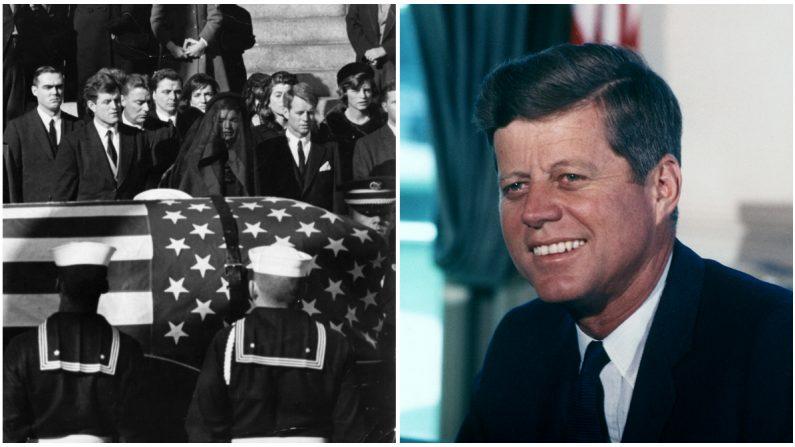A senior reporter at a British newspaper received an ominous call 25 minutes before former President John F. Kennedy was assassinated, newly released JFK Assassination Files show.
The reporter at Cambridge News, who is not named in the document, received a call instructing him to call the American Embassy in London “for some big news.” The caller then hung up.





